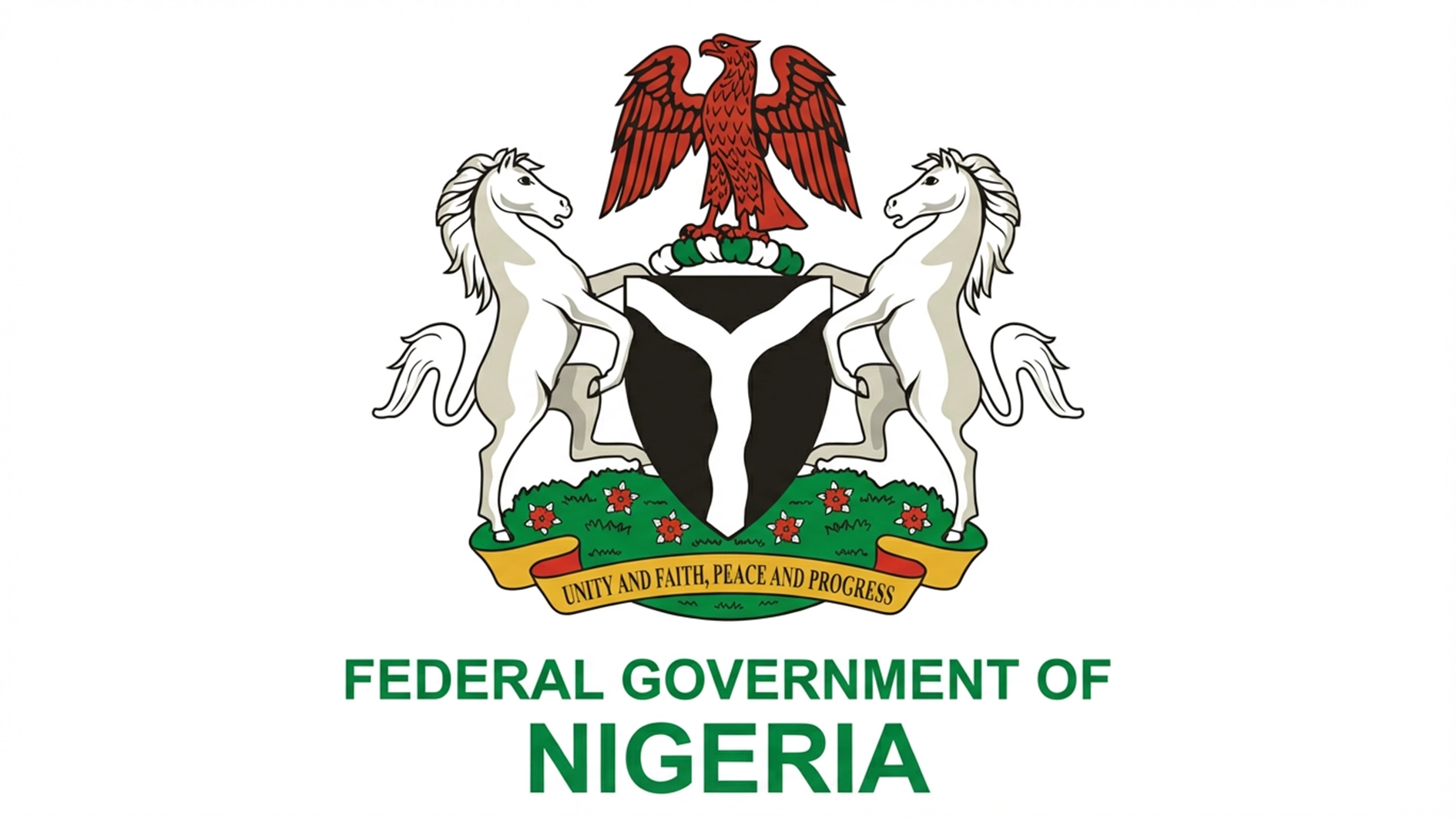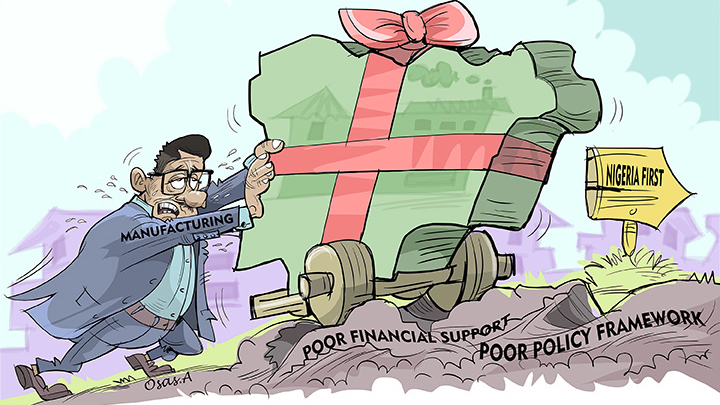The Chairman of the Alliance for Economic Research and Ethics Ltd., Dele Kelvin Oye, has welcomed the latest report by the National Bureau of Statistics (NBS) showing that Nigeria’s headline inflation eased to 18.02 percent in September 2025, marking the sixth consecutive month of decline.
In a statement, Oye described the development as “encouraging”, noting that the moderation in inflation would help ease pressure on household budgets, restore some purchasing power, and provide a more favourable environment for investment and economic growth.
Oye said: “We welcome the NBS report showing that headline inflation eased to 18.02 per cent in September 2025 — the sixth consecutive monthly decline. This moderation is encouraging; it eases pressure on household budgets, helps restore some purchasing power and provides a more favourable backdrop for investment and growth.”
He, however, cautioned that the inflation level remains high despite the improvement, noting, “Nonetheless, 18.02 per cent remains unacceptably high, and persistent structural constraints — notably food supply bottlenecks, infrastructure gaps and security challenges — mean many households continue to face severe affordability pressures.”
Oye emphasised that sustainable progress requires coordinated fiscal and monetary strategies.
According to him, “To convert this momentum into durable price stability and inclusive growth, policymakers must pursue coordinated monetary and fiscal actions.”
He outlined key areas of focus, saying: “Priority steps include shifting from a predominantly revenue-focused regulatory stance to one that prioritises trade facilitation, making targeted public and private investments to boost food production and strengthen supply chains, improving public spending efficiency, and expanding well-targeted social safety nets for the most vulnerable.”
He added that consistency and transparency in policy communication will play a critical role in consolidating gains.
“These measures, combined with clear policy communication, will help anchor expectations and support a sustainable decline in inflation,” he explained.
Turning to the foreign exchange market, Oye expressed concern over the recent depreciation of the naira, noting: “At the same time, exchange rate developments warrant close attention: on Tuesday, October 14, 2025 the naira slipped 0.39 per cent to close at N1,463.23 per dollar, the second consecutive day of losses after a brief reprieve driven by foreign inflows and CBN interventions.”
He attributed the pressure on the local currency to global market dynamics, noting: “Rising global demand for dollars — including a roughly 3% appreciation of the U.S. dollar against a basket of currencies since mid-September — alongside higher global rates and geopolitical uncertainties, is increasing pressure on emerging-market currencies like the naira.”






